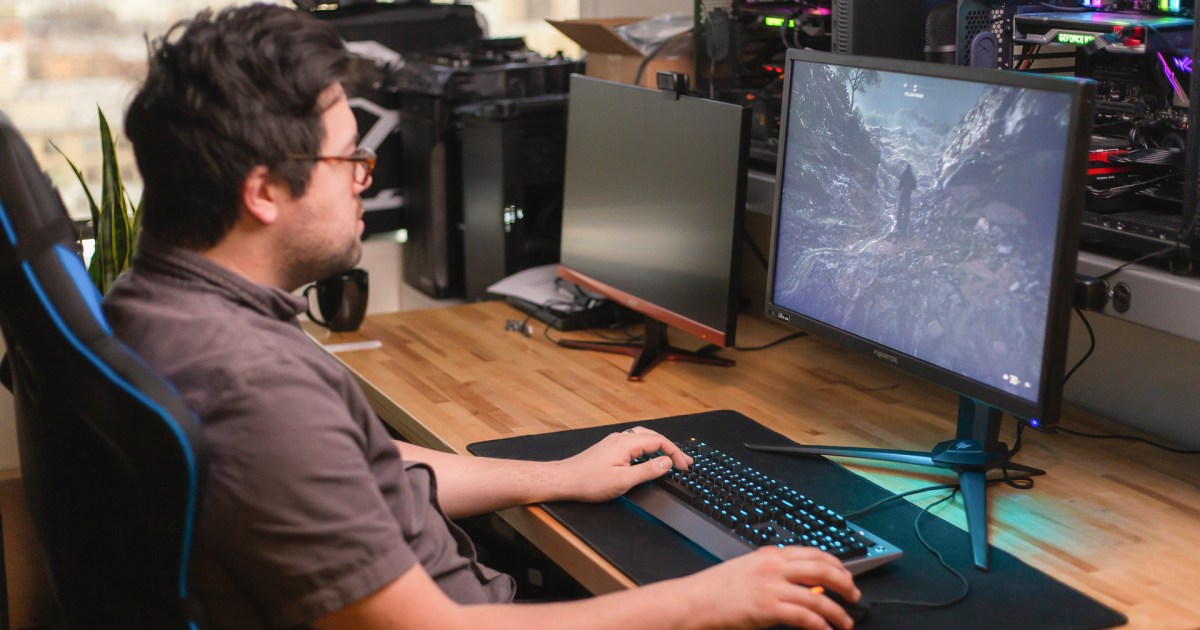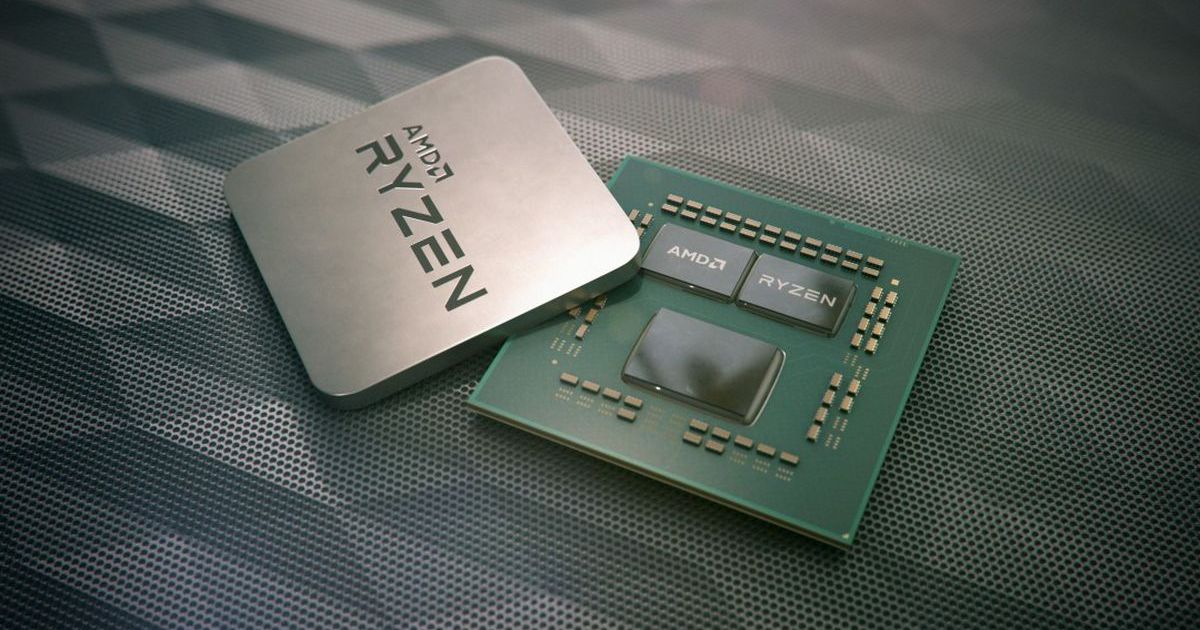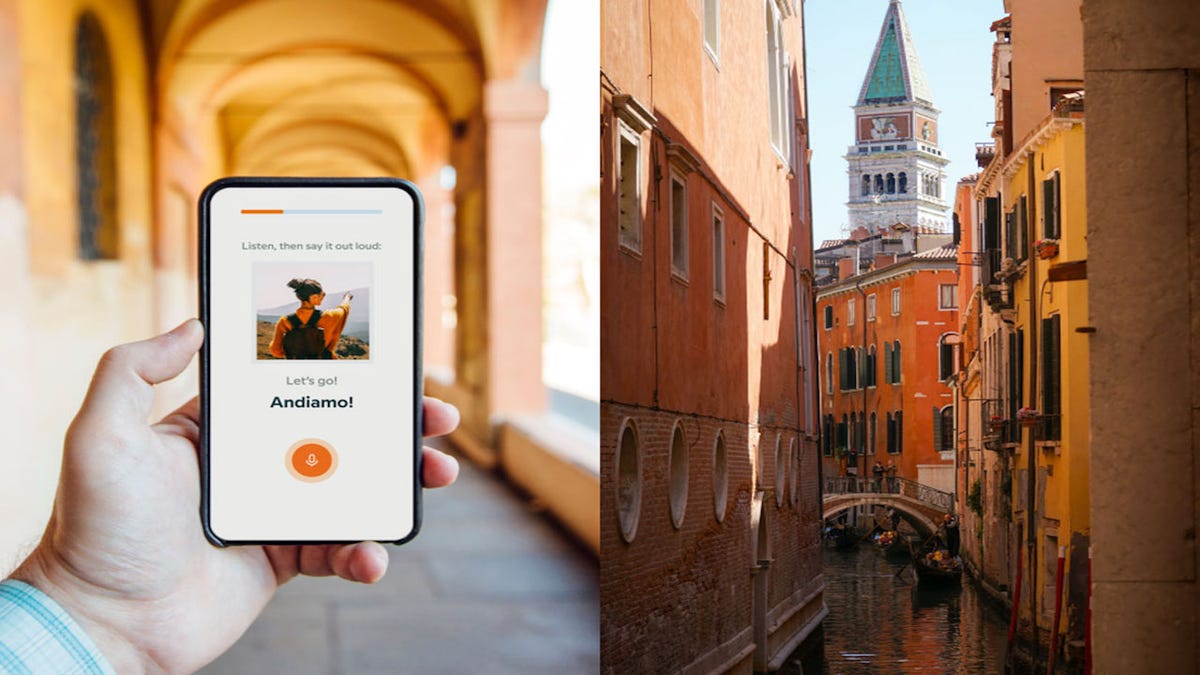Ghostwriter seeks Grammy for AI-assisted song, extensive analysis required
Ghostwriter seeks Grammy for AI-assisted song, extensive analysis required
AI in Music: Can Artificial Intelligence Win a Grammy?
Artificial intelligence has become a hot topic of debate in the music industry, with the recent release of the song “Heart on My Sleeve” by the anonymous creator known as Ghostwriter. This song used generative AI to mimic the voices of popular musicians Drake and The Weeknd, although neither of them were involved in its creation. While the use of AI in the song initially faced backlash, the team behind it has now submitted it for Grammy Awards consideration in two categories: best rap song and song of the year.
Ghostwriter’s approach to creating the song was a combination of human writing and recording, along with the use of AI vocal filters to imitate the voices of Drake and The Weeknd. The team aims to build a platform where artists can license their voices, exert control over their use, and receive payment for their contribution. As of now, representatives for Drake and The Weeknd have not provided any comments on the matter.
Since the introduction of AI chatbots like ChatGPT, the advantages and drawbacks of artificial intelligence have been widely discussed. Supporters of AI highlight its ability to handle mundane tasks, but concerns have been raised about AI-generated errors, potential for plagiarism, and the potential impact on human employment.
Following the release of “Heart on My Sleeve” in April, Universal Music Group, the parent company of Republic Records, the label of Drake and The Weeknd, requested its removal from major streaming services. However, social media platforms have allowed the song to circulate and gain popularity, with a YouTube channel reposting the video under the username @officialghostwriter977.
The Grammys and AI Songs
Although the song has been submitted, its eligibility for Grammy nominations is uncertain. The Recording Academy, responsible for the Grammy Awards, clarified that “only human creators are eligible” for consideration, nomination, and winning a Grammy. Works that lack human authorship are not eligible in any categories.
However, works that combine human authorship with AI elements might still qualify in certain categories. In the case of “Heart on My Sleeve,” it was submitted in the songwriting and song of the year categories, which focus on composition rather than performance. Despite the involvement of AI in the performance aspect, Harvey Mason Jr., CEO of the Recording Academy, emphasized the eligibility of the song’s creative side as it was written by humans.
Nevertheless, the Grammys have specific requirements regarding commercial availability, which might hinder the song’s eligibility. In an Instagram video post, Mason stated that “Heart on My Sleeve” would not be eligible because the vocals were not legally obtained, cleared by the label or the artists, and lacked commercial availability.
The Recording Academy implemented new rules in June, allowing artists to use AI tools to create music as long as the work submitted demonstrates meaningful human contribution. The aim is to distinguish the Grammy Awards as a recognition of human creativity and excellence.
Artists and AI Collaboration
While representatives for Drake and The Weeknd haven’t publicly commented on the matter, it seems that at least one person involved with Ghostwriter believes artists should financially benefit from AI reproductions of their distinct voices. Ghostwriter expressed the idea of artists being able to let their voice work for them without any effort and proposed directing royalties to the original artists.
This intersection of technology and art is not limited to music. Legendary artist Paul McCartney, for example, employed AI to extract the late John Lennon’s voice from an old demo tape to create what he called the final Beatles record. AI has also disrupted other art forms, such as graphic novels, where the US Copyright Office decided that copyright would protect the text and author’s instructions to AI, but not the artwork produced by AI.
Regarding the future of AI-generated art, the US District Court recently ruled that AI-created pieces are not entitled to copyright protection, emphasizing the importance of human authorship. AI plays a role in assisting the creative process, but it is still humans who receive recognition for their contributions.
More on AI
- New Slack AI Helps Summarize Work Conversations
- Microsoft AI Will Help You Shop With Buying Guides, Reviews, More
- Zoom’s New AI Companion Will Catch You Up When You’re Late to Meetings
- Paul McCartney Uses AI to Create the Final Beatles Song
Listeners on YouTube have posted mixed comments about “Heart on My Sleeve,” with many mentioning its potential for Grammy nominations. Some express excitement and believe the song deserves recognition for its writing and contribution to AI music. However, others are more critical, saying it marks the death of art.
Ghostwriter shows no signs of stopping its AI music creations. A new song mimicking Travis Scott and rapper 21 Savage has already been released on social media, with the post stating, “The future of music is here. Who wants next?”
Editors’ note
ENBLE is leveraging AI to aid in the creation of selected articles. For more information on our process, check out this post.





